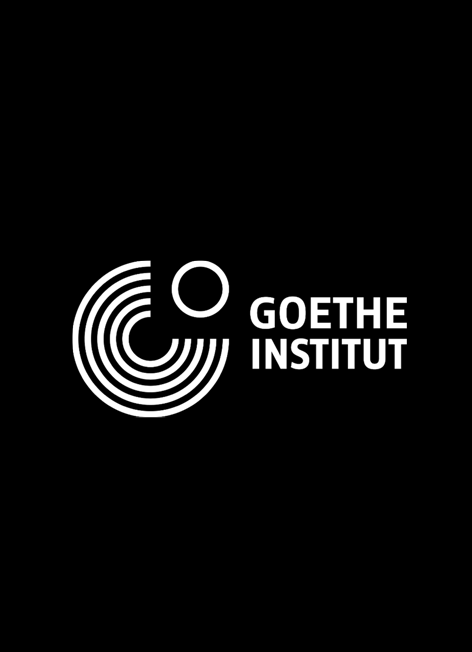The Deregulation of Representations
Geneviève Fraisse`s lecture
12.10, 19:00, KPI Library
The mechanics of the arts, which for a long time knew how to distribute places in the functioning of creation, became sickly at the end of the 18th century. What was to become of the ancient balance between muse and genius from then on? Egalitarian imaginary began to forge its path, and the path had no limits: the question of the enjoyment advocated, of being a subject facing the old object, etc., produced effects in art itself. It is from inside the philosophical and esthetical tradition that the subversion will appear; even with and by contradictions.
The event is part of the book presentation series of The Right to Truth: Conversations about Art and Feminism. Interviews, ed. Oksana Briukhovetska, Lesia Kulchynska (VCRC, 2019).
The event is part of the book presentation series of The Right to Truth: Conversations about Art and Feminism. Interviews, ed. Oksana Briukhovetska, Lesia Kulchynska (VCRC, 2019).
Geneviève Fraisse, born 1948, is a philosopher and historian of feminist thought, emeritus Director for Research at the National Centre for Scientific Research (CNRS, France). Her work deals with epistemology and politics about genealogy of democracy, concepts of emancipation and philosophical problematisation of sex/gender debate. She was at the foundation of the journal Les Révoltes logiques (“Logical Revolts”) with Jacques Rancière in 1975. She was an inter-ministerial delegate for women’s rights in 1997-1998 and a member of the European Parliament from the European United Left / Nordic Green Left (1999-2004). She was a member of the Institute for Advanced Study (Princeton) in 1990-1991 and a visiting Professor at Rutgers University, 2000 and 2002. She is the author of numerous publications, notably, La Sexuation du monde: Réflexions sur l’émancipation (“Sexuation of the World: Reflections on Emancipation”); Les Excès du genre: Concept, image, nudité (“The Excess of Genre: Concept, Image, Nudity”); A côté du genre: Sexe et philosophie de l’égalité (“Next to Gender: Sex and Philosophy of Equality”), etc.

















